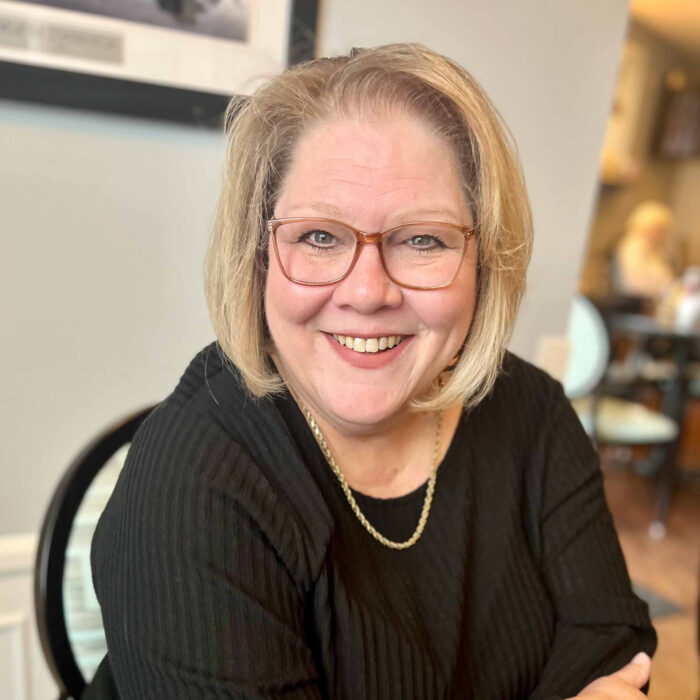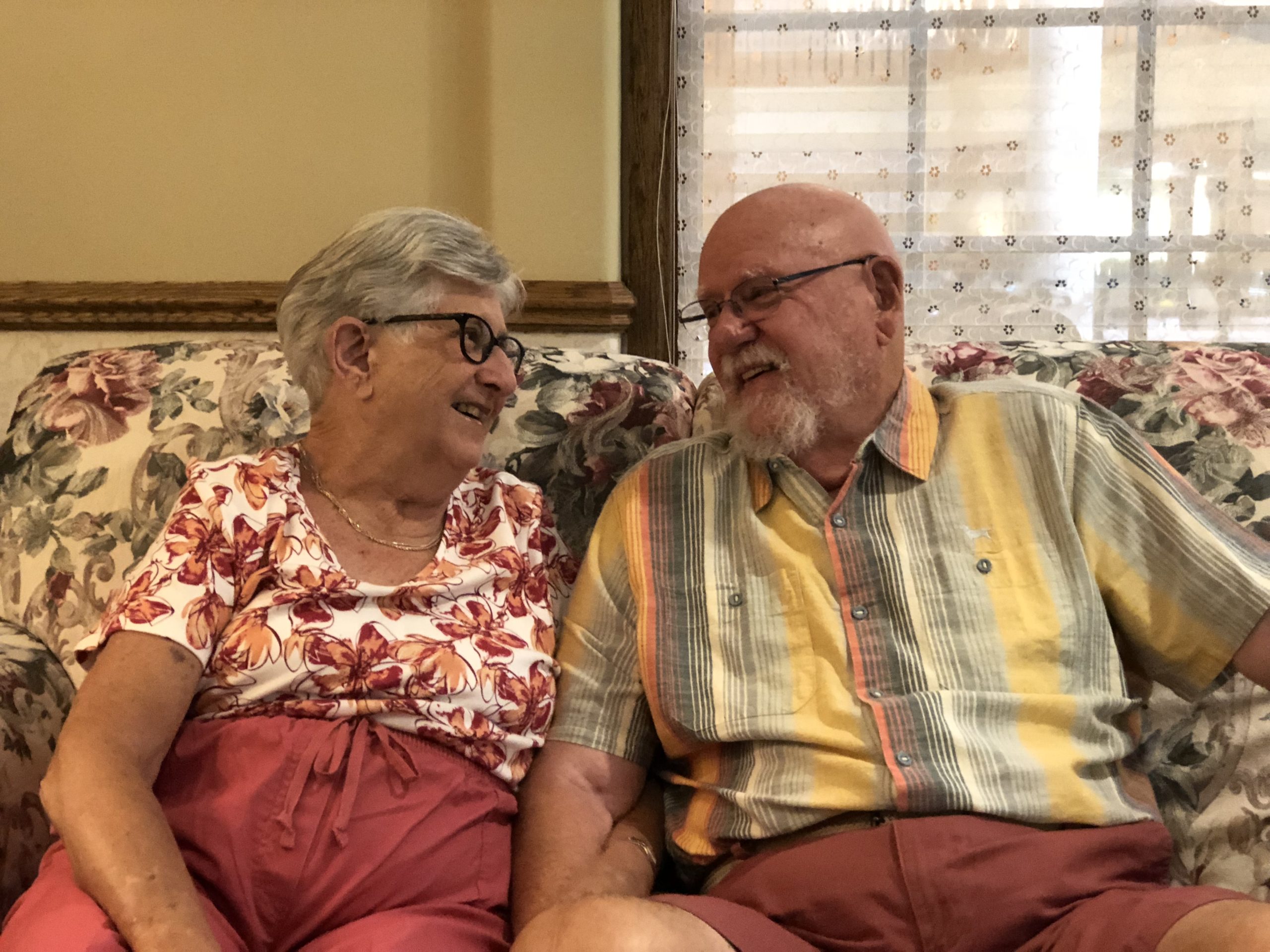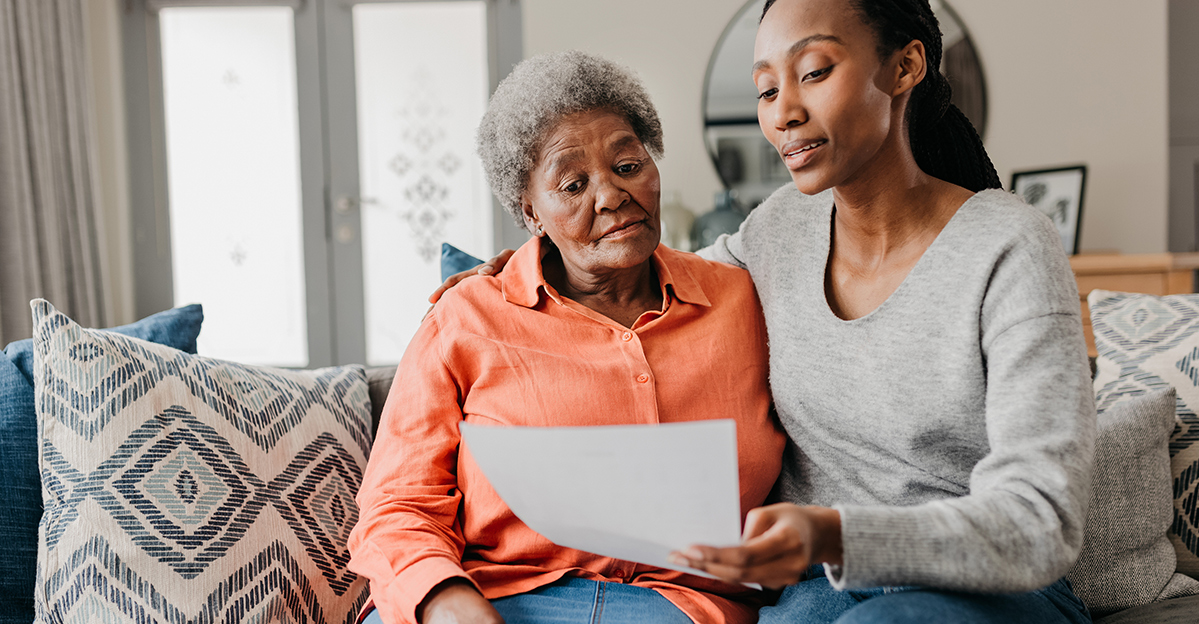The early warning signs of Alzheimer’s Disease can be a challenge for many families if the signs aren’t so clear. If you are concerned that your loved one may be developing Alzheimer’s, the best first step is to begin by documenting your loved one’s concerning behavior and habits. Here are a few common behaviors to be on the lookout for.
Changes In Mood Or Interests
In the early stages of Alzheimer’s, some seniors will display new behaviors or disinterest in their common leisure activities. They may have used to love gardening and now they don’t want to spend time in the yard. Or they might act anxious even though they’ve always been a calm individual. No matter the case, if your loved one has a significant shift in their mood or interests make sure you write down those behaviors.
Difficulty Performing Common Tasks
Seniors who have Alzheimer’s will often show early signs by struggling to complete a task that they usually perform without a hitch. This could be an inability to follow a family recipe or not remembering how to use the remote control. It’s important to document behaviors like this to be able to give your loved one’s doctor the best picture of what is happening in your loved one’s life.
Memory Loss Becoming More Frequent
Sometimes, in the early stages of Alzheimer’s, seniors will forget important dates like their children’s birthdays or upcoming appointments. Memory loss is a part of aging, but shouldn’t be a part of your loved one’s every day. Make a note each time they seem to experience this and pay attention to patterns.
Talk To Your Loved One’s Primary Doctor
After you’ve documented the concerning behavior of your loved one, you should consult with their primary doctor. These documented behaviors will ultimately assist the doctor in making a proper diagnosis. Some families have a journal that is specifically dedicated to tracking these actions. If you have more questions, we are here to help both you and your loved one.











